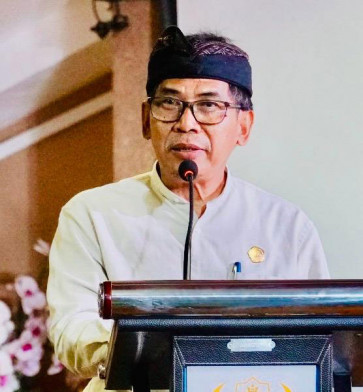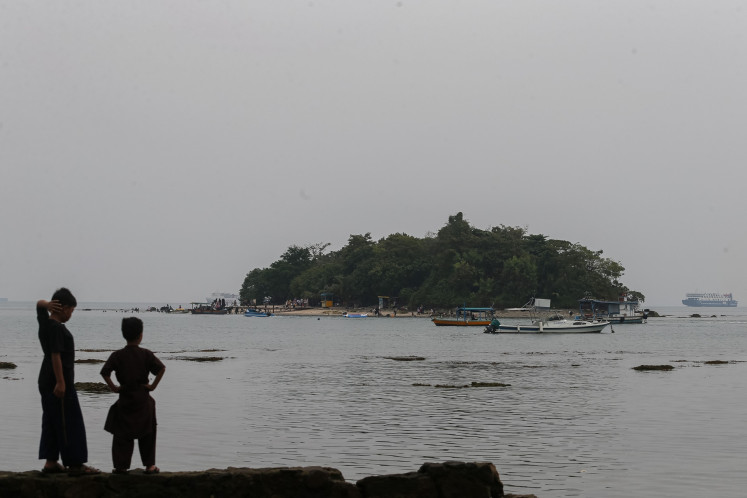Popular Reads
Top Results
Can't find what you're looking for?
View all search resultsPopular Reads
Top Results
Can't find what you're looking for?
View all search resultsFree from judgement: Safe house for unmarried pregnant women
Change text size
Gift Premium Articles
to Anyone
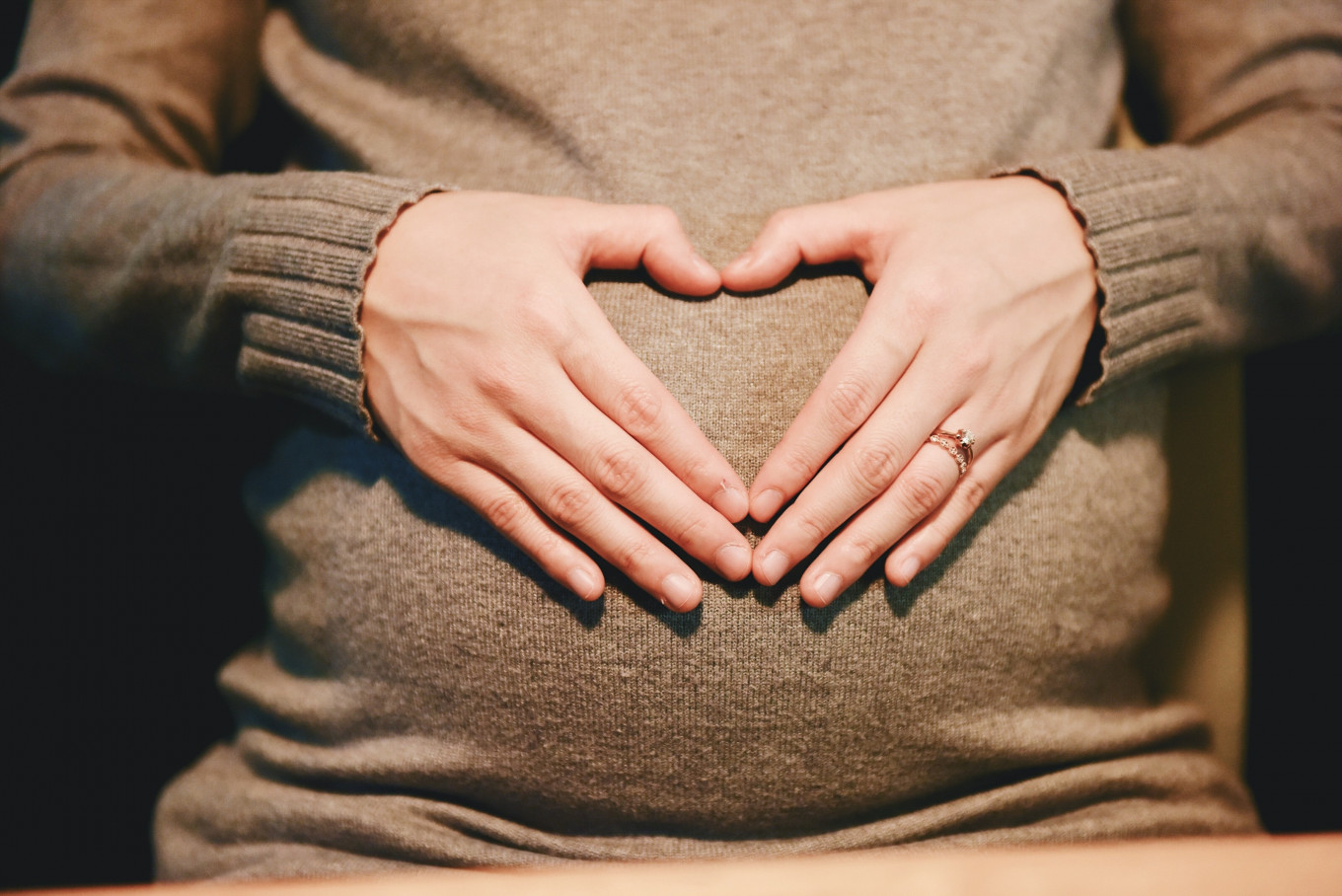
Yayasan Rumah Tumbuh Harapan hopes to provide a safe space for unmarried women going through unplanned pregnancies.
Together with her husband Charles Wong, 41-year-old Devi Sumarno founded Yayasan Rumah Tumbuh Harapan (Hope House Foundation), often shortened to Rumah Ruth (Ruth’s House). The house is home to unmarried women who are going through or have recently gone through unplanned pregnancies, with the aim of assisting not only their physical well-being, but also their mental wellness, as they face the combination of stigma and, often, guilt and shame about the pregnancy.
Maria Yasinta, hotline manager from Samsara, a nonprofit organization, says women are not well informed about their rights in regard to reproductive health. In the case of women with unplanned pregnancies, the external and internal pressures can be even more overwhelming. “A safe house could be the best option for women who have unplanned pregnancies to decide the next step to take after being properly informed.”
Devi was inspired to open the safe house after a close college friend became pregnant during their time in university in 2007. Since then she and her husband have helped around 200 women at their foundation, which is located in Bandung, West Java.
At the foundation, Devi, her husband and their team of 13 caregivers, try to focus much-needed attention on the health of the women - both physically and mentally, in the hope of preserving the dignity and acceptance that they deserve from society.
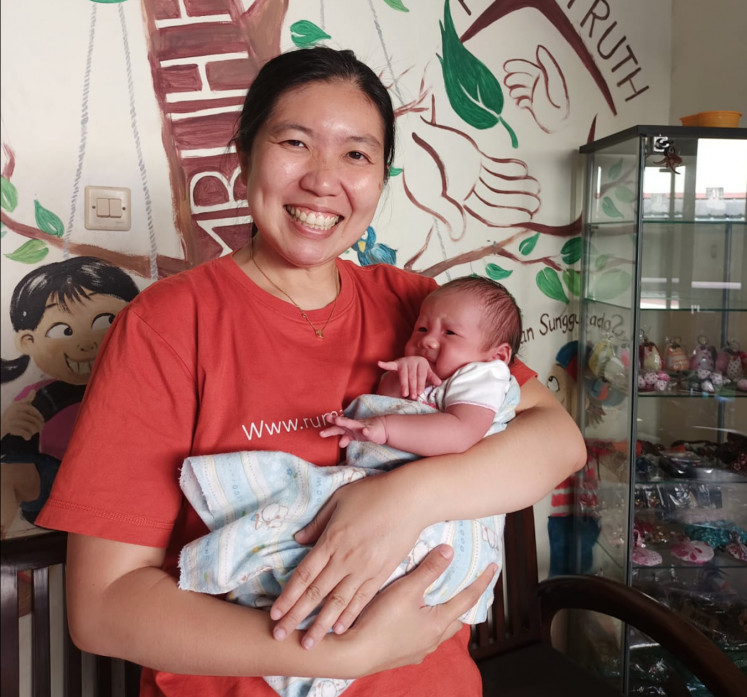
Mariyam Jameelah, a representative from the NGO Resister Indonesia said it was essential for women to receive any type of support, as raising children requires plenty of emotional and financial stability.
“It’s going to be difficult if you don’t have both. Particularly in this country, it’s actually very challenging to receive psychological support - people are unaware of the need for it, especially for parents,” Mariyam said.
Mellysa Anastasya, a representative from Rumah Faye (Faye’s House), a nonprofit organization that focuses on assisting female victims and children of domestic abuse, said that stigma played a large part in why these pregnant women were in urgent and constant need of safe houses.
“In reality, unmarried pregnant women are still stigmatized,” said Mellysa.
Compassion
At Devi's foundation, pregnant women are not only given a safe place to stay and share, but they are also given support for their physical and mental health. Devi and her team dedicate their time to helping and supporting their clients' pregnancy journey, from ultrasound sonography (USG) tests to managing their social security, until the day they deliver the baby.
Devi and her team also provide the women with emotional support. Eager and passionate about her cause, Devi devotes her time to getting to know the women’s stories and the sense of shame they feel.
"Everyone is fighting their own fight that we know nothing about. We need to show compassion, at least. Some of these girls I know have been cast out by their own families," she said.
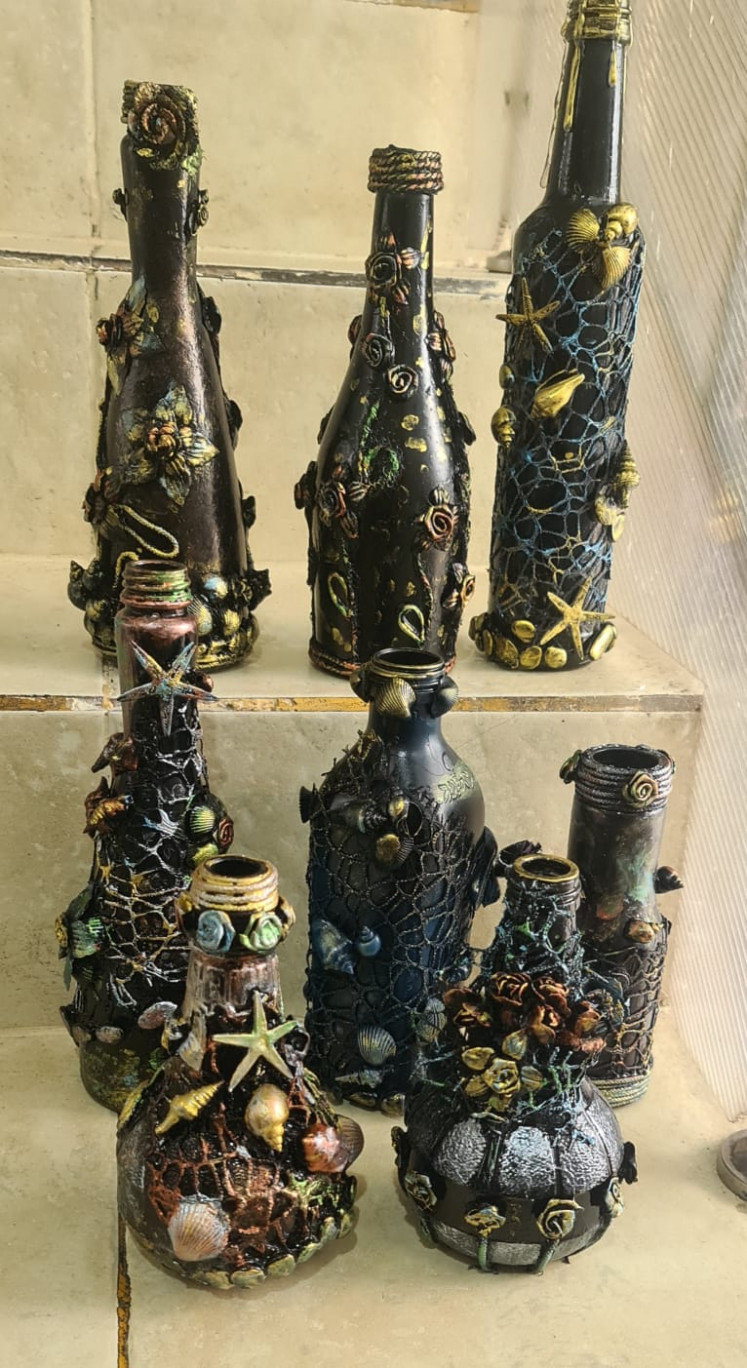
Devi and her team hold many activities such as art and cooking classes, mostly to act as icebreakers for the pregnant women to get to know the Ruth House team, as well as their fellow expecting mothers.
"There are cases where some women open up more about their issues during the cooking class, which is such a relief for me," she said.
The classes also aim to provide the women with skills that they can utilize to earn a living. The initiative sometimes accepts cookie orders, such as during holidays, from the public to help the mothers earn some income.
A better future
Looking on the bright side, society is opening up to this matter. Devi found that many individuals have started initiatives to help women with unplanned pregnancies.
"I knew someone who is currently a teacher, doctor, or even creating an NGO to support women who experience violence during their relationships," Devi said.
The foundation also helps the victims of extramarital pregnancy to start communicating with estranged family members.
Yani (not her real name) lived in the house in 2012 during her pregnancy. She never thought she could get the help and support she needed, but Devi along with her team welcomed Yani and helped her to talk to her family about her experience.
“I think it was such a burden to not be able to tell anyone,” Yani shared, adding that her relationship with her family improved after communicating with them. Currently, she works with an international NGO focusing on dating violence.
One of Devi’s staff used to be a Rumah Ruth resident. Sasha (not real name) said that she owed plenty to the house.
"I think that it became the place where I could reorganize my life. I would love to help women who experience unplanned pregnancies [outside marriage]," she said.
“I feel like it’s been my calling. I love to help them because I was once rejected by the people in my community too,” she said.
"I really would love to show people that everyone deserves a second chance," Devi said.


